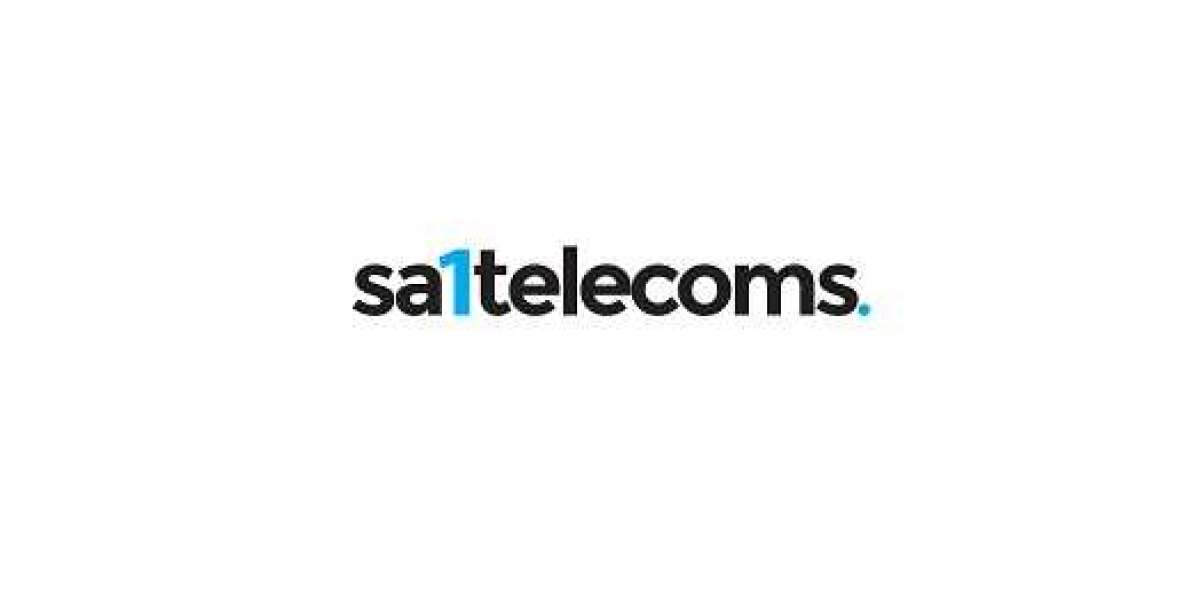Market Overview and Size
The global kinase inhibitor market size is projected to grow substantially during the forecast period, fueled by the increasing prevalence of autoimmune diseases such as rheumatoid arthritis (RA), psoriatic arthritis, systemic lupus erythematosus (SLE), and inflammatory bowel disease (IBD). Autoimmune disorders, characterized by an overactive immune response against the body’s own tissues, affect millions worldwide, creating an expanding patient pool for these targeted therapies.
Kinase inhibitors, particularly Janus kinase (JAK) and Bruton’s tyrosine kinase (BTK) inhibitors, are revolutionizing the management of autoimmune conditions. By modulating specific signaling pathways, these inhibitors provide a targeted mechanism of action, reducing inflammation and immune-mediated damage with fewer off-target effects compared to traditional immunosuppressants.
Epidemiology and Target Patient Pool for Kinase Inhibitors
Autoimmune diseases are on the rise globally, with increasing prevalence driven by genetic, environmental, and lifestyle factors. Key statistics include:
- Rheumatoid Arthritis (RA): Affects approximately 1% of the global population, predominantly women.
- Psoriatic Arthritis (PsA): Prevalence ranges from 0.3% to 1% worldwide.
- Systemic Lupus Erythematosus (SLE): Incidence of 5–10 cases per 100,000 annually.
- Inflammatory Bowel Disease (IBD): Over 6.8 million people globally are affected by Crohn’s disease and ulcerative colitis.
The rising prevalence of these conditions highlights the significant target patient pool for kinase inhibitors, as these therapies offer new hope for patients who have failed or experienced adverse effects from conventional treatments.
Key Drivers of Market Growth
- Advancements in Kinase Inhibitor Development
The development of next-generation kinase inhibitors is broadening their therapeutic potential in autoimmune diseases. Drugs like tofacitinib (Xeljanz), upadacitinib (Rinvoq), and baricitinib (Olumiant) have set a benchmark for JAK inhibitors in RA and other autoimmune conditions. - Expanding Indications for Kinase Inhibitors
Kinase inhibitors are no longer limited to RA. Clinical trials are investigating their efficacy in diverse conditions, including multiple sclerosis (MS), SLE, and dermatological autoimmune diseases, broadening the scope of the kinase inhibitors in autoimmune diseases market. - Favorable Regulatory Approvals
Regulatory bodies like the FDA and EMA have expedited approvals for kinase inhibitors, recognizing their potential to address unmet needs. This streamlined process has accelerated market entry for innovative therapies. - Improved Management of Autoimmune Conditions
The integration of kinase inhibitors into treatment guidelines is transforming the management of autoimmune conditions, offering improved disease control and quality of life for patients.
Competitive Landscape
The kinase inhibitors in autoimmune diseases market is highly competitive, with several key players actively engaged in RD and commercialization. Notable companies include:
- Pfizer: Pioneered JAK inhibitors with Xeljanz for RA and UC.
- AbbVie: Developed Rinvoq, a selective JAK1 inhibitor with multiple indications.
- Eli Lilly: Offers Olumiant, another JAK inhibitor widely used in RA.
- Sanofi: Exploring innovative kinase inhibitors for dermatological conditions.
- Bristol Myers Squibb: Developing BTK inhibitors for lupus and other autoimmune diseases.
Emerging biotech firms are also contributing to market growth with novel pipeline candidates targeting specific kinase pathways.
Regional Insights
- North America: Dominates the market due to high disease prevalence, advanced healthcare infrastructure, and strong RD investments.
- Europe: Significant growth driven by increasing regulatory approvals and adoption of kinase inhibitors in treatment regimens.
- Asia-Pacific: The fastest-growing market, fueled by rising awareness, increasing healthcare access, and expanding patient populations.
- Latin America and MEA: Moderate growth, with increasing focus on affordable treatments and improved diagnostic capabilities.
Market Challenges and Opportunities
- Challenges:
- Adverse effects associated with prolonged use of kinase inhibitors, including infection risk.
- High treatment costs, limiting access in low-income regions.
- Emerging resistance to kinase inhibitors in long-term therapy.
- Opportunities:
- Development of safer, more selective kinase inhibitors to reduce side effects.
- Biomarker-driven personalized medicine approaches to optimize patient outcomes.
- Integration of artificial intelligence (AI) to accelerate drug discovery and patient selection.
Forecast and Future Trends
The kinase inhibitors in autoimmune diseases market is expected to witness robust growth through 2032, driven by:
- Ongoing RD into more selective kinase inhibitors targeting novel pathways.
- Expansion into new autoimmune indications, supported by positive clinical trial data.
- Increasing adoption of combination therapies incorporating kinase inhibitors with biologics or conventional drugs.
Additionally, advancements in AI and machine learning are poised to enhance drug development and patient stratification, further improving the management of autoimmune conditions.
Conclusion
The kinase inhibitors in autoimmune diseases market represents a dynamic and rapidly evolving segment of the pharmaceutical industry. With a growing target patient pool for kinase inhibitors, advancements in technology, and expanding therapeutic indications, kinase inhibitors are reshaping the landscape of autoimmune disease treatment. By 2032, the market is set to achieve remarkable growth, offering new hope for millions of patients worldwide and driving innovation in autoimmune care.
Latest Reports Offered By DelveInsight:
Cell Lymphoma Market | Nrg1 Fusion Cancer Market | Osteochondrodysplasias Market | Pachyonychia Congenita Market | Pegfilgrastim Biosimilar Insight | Salivary Gland Infection Market | Scedosporium Infection Market | Shoulder Replacement Devices Market | Single Ventricle Heart Disease Market | Spinal Decompression/traction Devices Market | Stuttering Market | Tenosynovitis Market | Treatment-resistant Hypertension Market | Urticaria Or Hives Market | Alcohol Use Disorder Market | Androgen Insensitivity Syndrome Market | B-cell Chronic Lymphocytic Leukemia Market | Bevacizumab Biosimilar Insight | Blastic Plasmacytoid Dendritic Neoplasm Market | Bowen's Disease Market | Braf-mutant Metastatic Melanoma Market | Brain Hemorrhage Market



